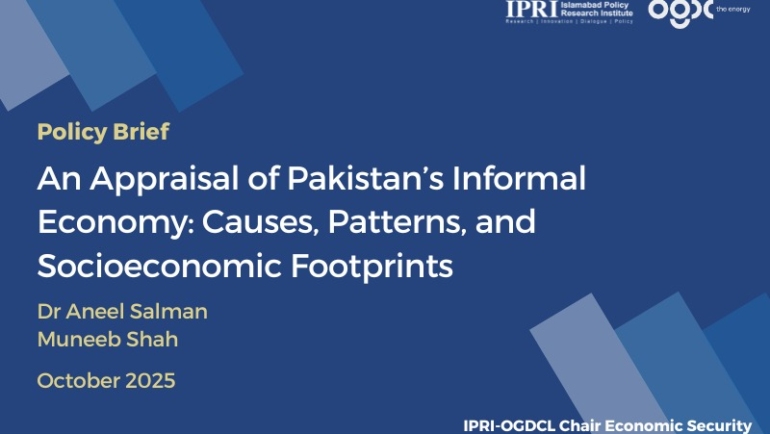Policy Brief 11/09/2025
This study examines the extensive role of India’s intelligence agency, the Research and Analysis Wing (RAW), in shaping Bangladesh’s domestic political, security, and strategic landscape since its creation in 1971. From providing covert support to the Mukti Bahini during the liberation war to influencing post-independence politics, RAW has consistently acted as a decisive player in Bangladesh’s internal affairs. Its activities have ranged from backing uprisings and dismantling opposition-linked groups to influencing electoral outcomes and supporting regimes favorable to Indian interests, particularly under Sheikh Hasina’s government.
RAW’s mechanisms of influence have included covert operations, manipulation of electoral processes, alignment with intelligence and security institutions, use of disinformation and media campaigns, and the advancement of economic and infrastructure agreements that largely favored India. While these actions strengthened bilateral security cooperation – especially against insurgent groups – they also entrenched perceptions of Indian interference and undermined Bangladesh’s political autonomy.
Recent events, including Sheikh Hasina’s ouster in 2024 and the rise of the “India Out” movement, marked a setback for Indian influence in Bangladesh and opened new opportunities for Pakistan. Pakistan has moved quickly to re-engage Bangladesh through trade talks, cultural and educational exchanges, and proposals for trilateral cooperation with China. However, Pakistan must carefully navigate historical grievances from 1971 and avoid the pitfalls of overreach that characterized India’s approach.


